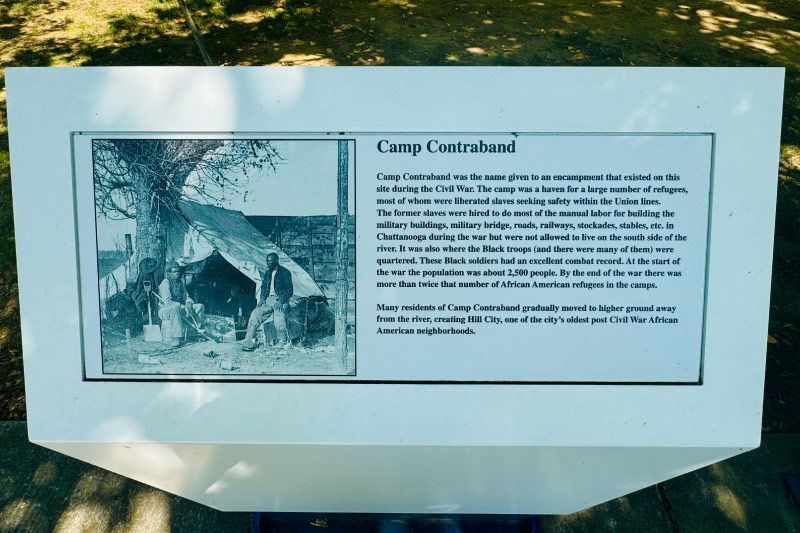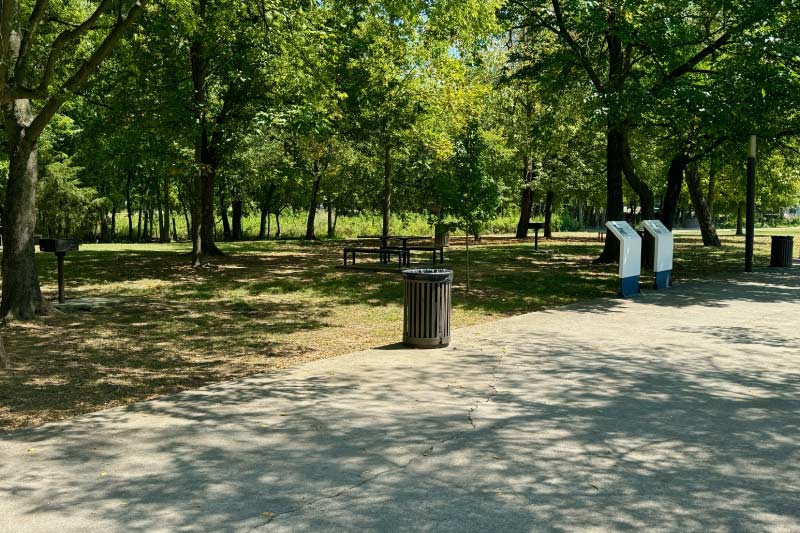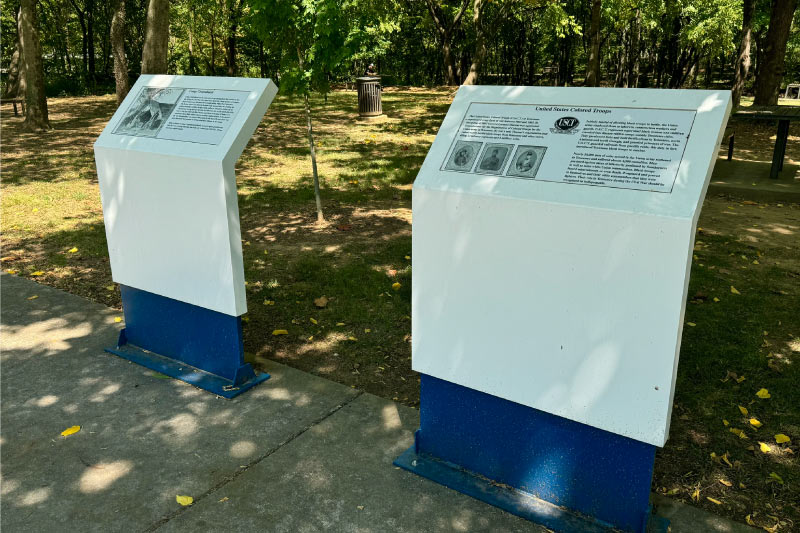Rediscovering Camp Contraband: An Important Chapter of Northshore’s History
Chattanooga’s Northshore is known today for its vibrant arts scene, eclectic shops, and scenic parks. Yet, hidden beneath this modern facade lies a vital piece of Chattanooga—indeed American—history: Camp Contraband. This Civil War-era camp played a critical role in the lives of thousands of African Americans seeking freedom and a new beginning during one of America’s most turbulent periods.
The Birth of Camp Contraband
In the wake of the Union Army’s occupation of Chattanooga in 1863, thousands of enslaved African Americans from surrounding areas fled to Union-controlled territories. These freedom seekers, who became known as “contrabands,” found refuge in hastily constructed camps along the northern banks of the Tennessee River. Camp Contraband, as it came to be known, was one of these sanctuaries, located directly across from Chattanooga.
The camp was more than just a physical refuge; it symbolized hope for a future free from the bonds of slavery. For many of its inhabitants, Camp Contraband represented the first steps towards self-determination. The camp’s population consisted of men, women, and children who had escaped slavery, and many of the men would go on to serve in the Union Army, joining the United States Colored Troops (USCT). These soldiers would fight not only for their freedom but for the freedom of all enslaved people in the Confederacy.
Life in the Camp: A Struggle for Survival
Despite its symbolic significance, life in Camp Contraband was far from ideal. The camp was overcrowded, and living conditions were harsh. The lack of adequate shelter, sanitation, and medical care made disease a constant threat. Malnutrition was widespread, and many of the camp’s inhabitants succumbed to illness.
The Union Army, while providing protection, did not always have the resources to adequately care for the thousands of people who poured into the camp. The camp’s residents had to rely on each other and on whatever assistance could be provided by local civilians and charitable organizations.
Despite these hardships, the residents of Camp Contraband made significant strides towards building a community. They established schools to educate their children, a remarkable achievement given the circumstances. Religious services and community gatherings helped to maintain morale and foster a sense of solidarity among the camp’s inhabitants. A growing Chattanooga saw “Camp Contraband” becoming Hill City, offering opportunities to men of color to serve as elected community representatives, and newly-freed citizens a chance at a better way of life.
The Legacy of Camp Contraband
As the Civil War drew to a close, Camp Contraband began to empty. Some residents returned to their former homes, now as free individuals, while others sought new opportunities in the North or in the expanding western territories. For those who remained, further injustices would be faced—Jim Crow laws, segregation, and discrimination—that has taken over a century and a half to erase. The camp itself was eventually dismantled, its land repurposed and its history largely forgotten as Chattanooga grew and developed.
Today, the story of Camp Contraband is slowly being rediscovered. Efforts by local historians and the National Park Service have brought this important chapter of Chattanooga’s history back into the public consciousness. In 2017, the Chickamauga and Chattanooga National Military Park partnered with the Bessie Smith Cultural Center to host a program highlighting the experiences of those who lived in the camp. This program, along with historical markers and educational initiatives, serves as a reminder of the resilience and courage of those who sought freedom and built new lives at Camp Contraband.
Remembering Camp Contraband
The history of Camp Contraband is a testament to the enduring human spirit in the face of unimaginable adversity. While the physical remnants of the camp may be long gone, its legacy lives on in the stories of the men, women, and children who passed through its gates. As Chattanooga continues to evolve, it is important to remember and honor the diverse histories that have shaped the city, including the forgotten history of Camp Contraband.
By exploring and commemorating this past, Chattanooga can ensure that the lessons of Camp Contraband are not lost to time. The story of Camp Contraband is not just a story of hardship; it is a story of hope, community, and the relentless pursuit of freedom.
For more detailed insights into Camp Contraband, you can explore resources such as the National Park Service, The Historical Marker Database, United Way of Greater Chattanooga, the Bessie Smith Cultural Center and Chattanooga African American Museum. These resources provide a deeper understanding of the historical significance of this site and the people who sought refuge there.




